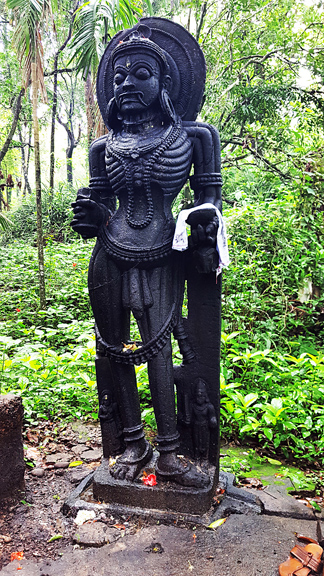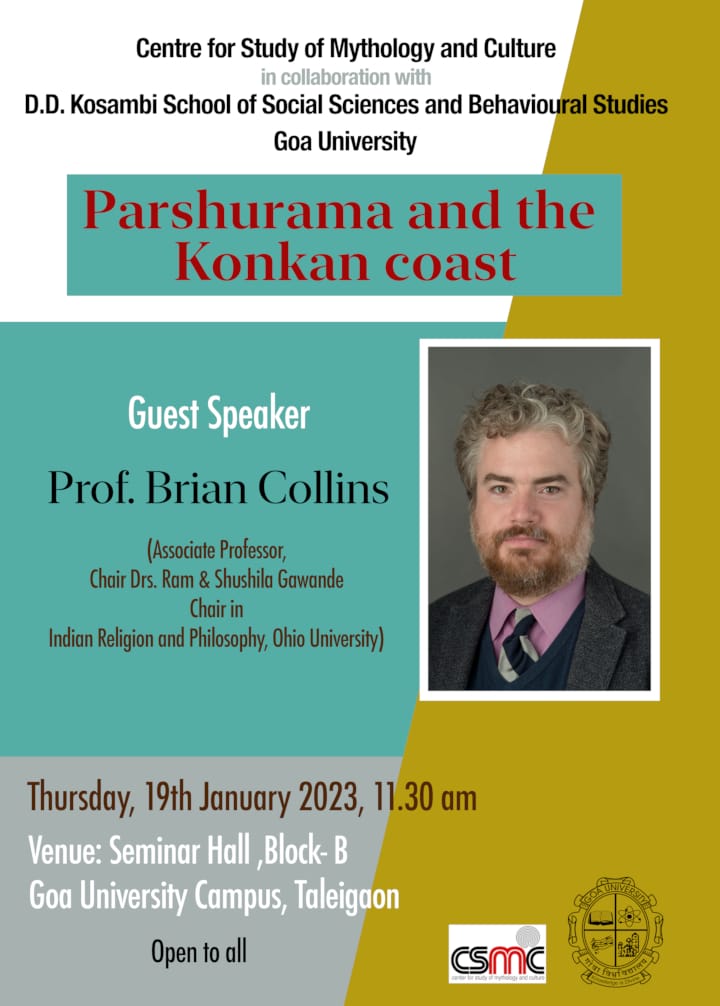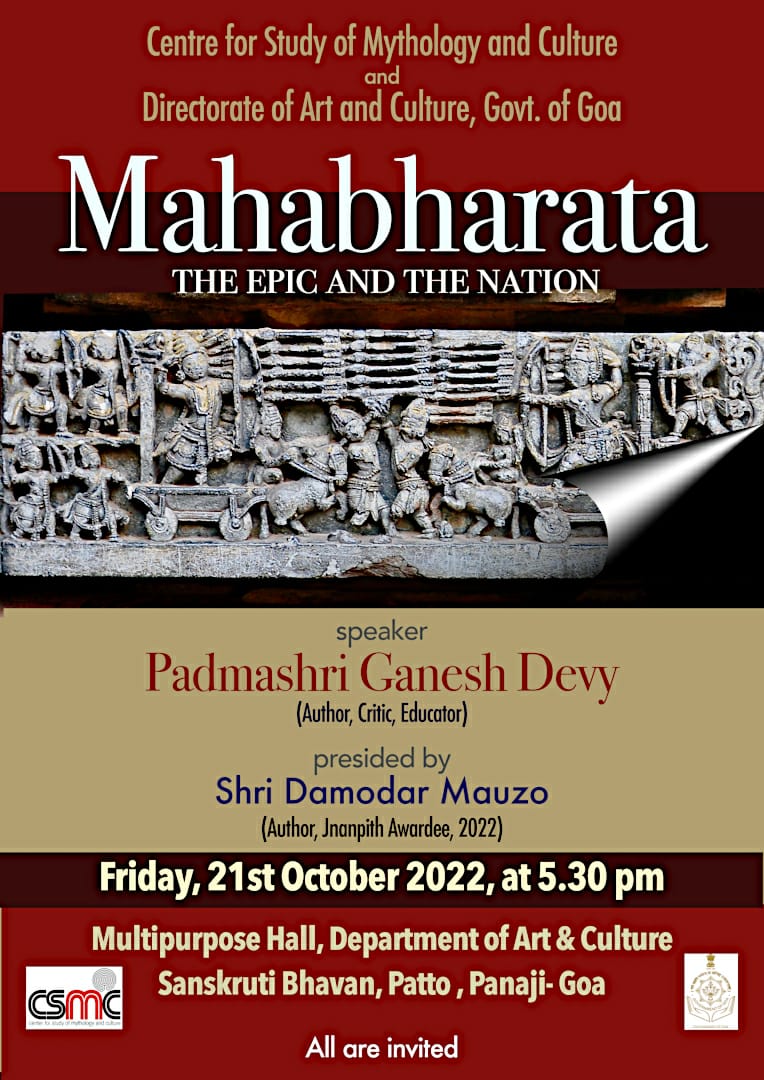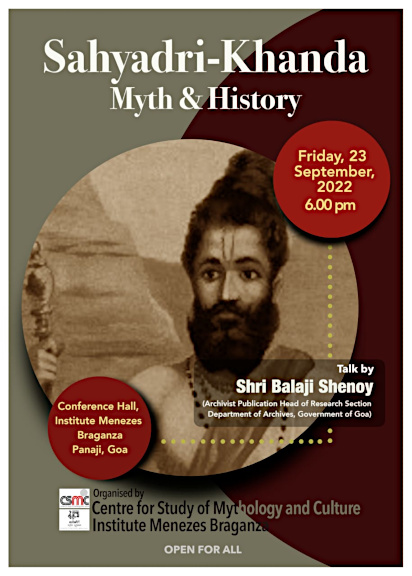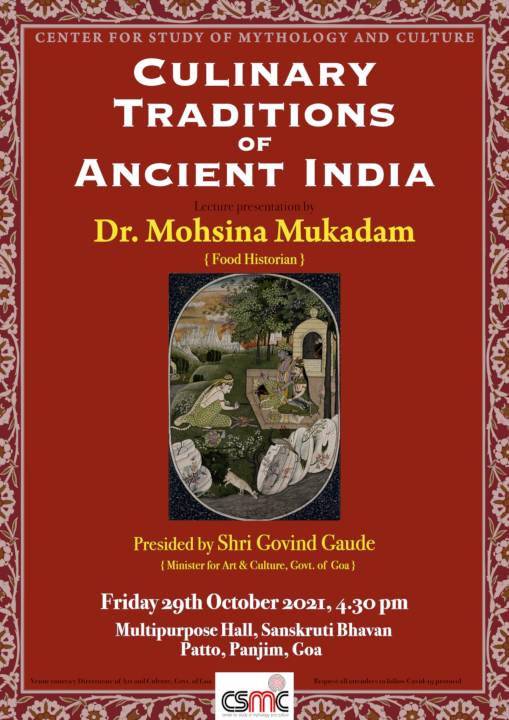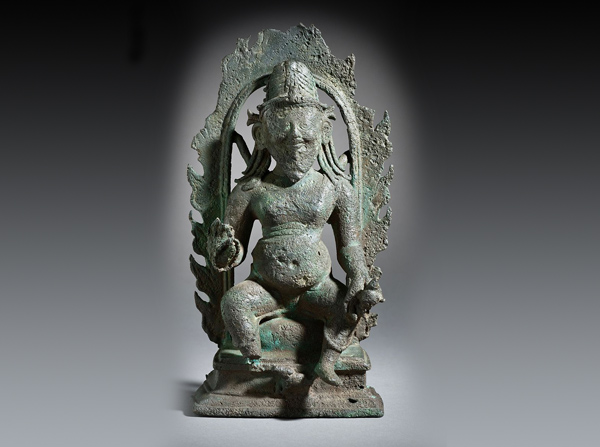
There are many tales in the Vedas about Agni, the god who personifies the fire element. Here is an an intriguing tale from Adiparva (1.5-7), told by the bard Ugrashravas to Shaunak, who was performing a twelve year sattra. This tale is about why Agni went into hiding from the world and the other gods.
Puloma was married to sage Bhrigu. While she was pregnant with Bhrigu’s child, Bhrigu had to leave her alone at the hermitage and go away to attend a royal consecration. Meanwhile a Rakshas, by the name Puloman arrived at the hermitage. In the absence of her husband, Puloma as a duty bound wife received the Rakshas following the prescribed rites of hospitality. Having seen Puloma, the Rakshas was filled with passion and began to wonder whether Puloma was the same girl he had chosen as his wife, but instead was given to Bhrigu by her father. He wanted to clear his doubt before he made the next move. So when he saw fire (Agni) burning in the fire-pit (kunda), he commanded Agni to tell him the truth by revealing Puloma’s true identity. “If she is Bhrigu’s wife then I would carry her away, and if you tell me a lie then I would curse you”, he roared at Agni. Caught in the double bind, Agni chose to tell the truth and revealed that Puloma was indeed Bhrigu’s wife.
Instantly the Rakshas assumed the form of a wild boar and swooped down on the sage’s wife, swung her on to his back, and sped away. Unfortunately in the midst of this commotion the foetus she was carrying fell out of her womb. As it fell, it brightened the sky like a sun. As soon as Rakshas Puloman turned around and looked at the baby he was burnt to ashes by the incandescent light that emanated from the foetus. The baby eventually came to be called Cyavana, meaning the ‘falling one’.
Puloma, scooped up her son Cyayana and fled weeping so much so that her tears combined became a river that followed her. Meanwhile Bhrigu who was returning from his royal duty saw his wife and son distraught and in a state of panic and fear. He promptly questioned Puloma “Who revealed your identity to Rakshas?” “He could not have found out who you are by himself,” ranted Bhrigu. Puloma told him it was Agni who was responsible for her plight. In the heat of his anger Bhrigu cursed Agni ‘sarvabhaksho bhavishyasi”. From now on you will be omnivorous!
Hearing Bhrigu’s curse, Agni was incensed and rebuked Bhrigu, “How dare you curse me sage Bhrigu? I was only doing the duty of a witness. Don’t you know I am the ‘mouth’ that feeds the gods and ancestors, and it is through me they ‘eat’ the oblations they receive from the faithful? I am the carrier of sacrificial oblations to the gods and ancestors, and how could I be omnivorous?” Saying this Agni disappeared from the world and went into hiding.
When Agni disappeared from the sacrificial grounds, gods and sages were in great distress. They approached Brahma and told their plight. Brahma summoned Agni and pacified him by praising him as the maker of the world. And said, “O Agni, you will not be omnivorous with all your body, but only with certain flames. Besides, whatever you burn or ‘eat’ will be automatically be purified, hence you should not hesitate to resume your sacrificial duties.” Agni was satisfied with Brahma’s words and returned.
Indologists concur that the meaning of myths connected to Agni have to be understood in relation to the ritual texts of Brahmans.
Story Collected by: Vidya Kamat
Text Source: The Sanskrit Epics Representation of Vedic Myths by Danielle Feller
Location: Pan India
Image: Wikipedia courtesy http://collections.lacma.org/sites/default/files/remote_images/piction/ma-34377946-O3.jpg Gallery: http://collections.lacma.org/node/246951
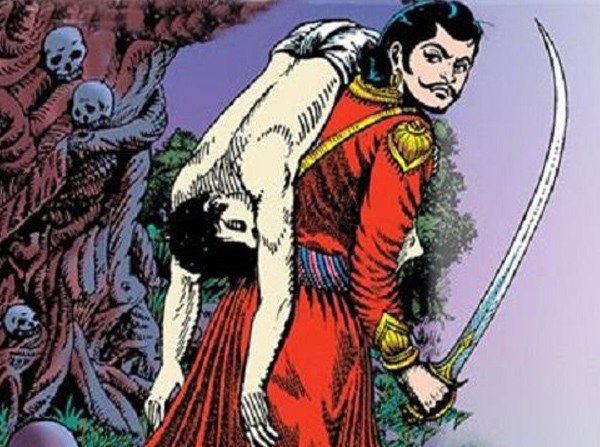







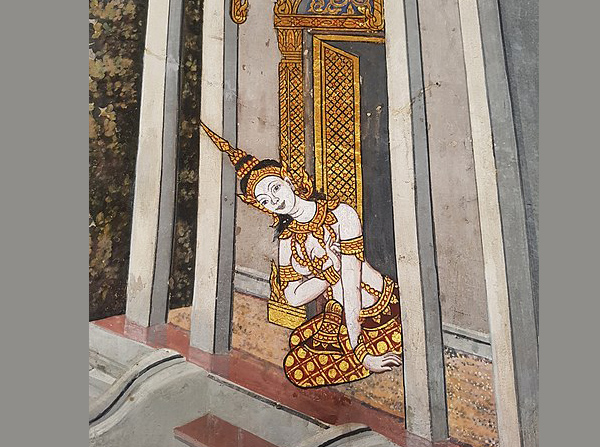

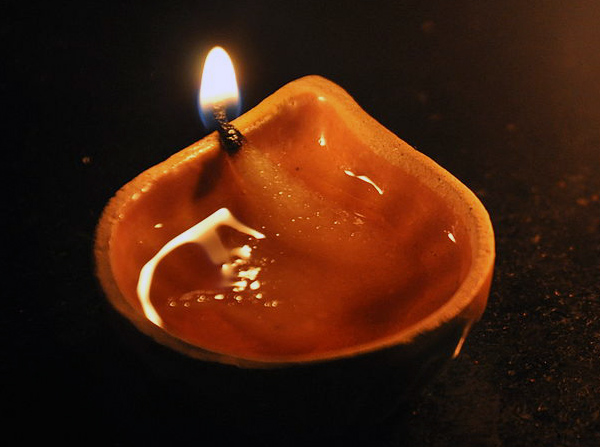
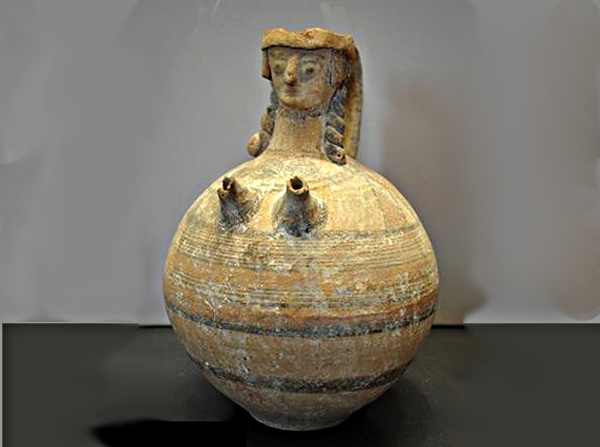
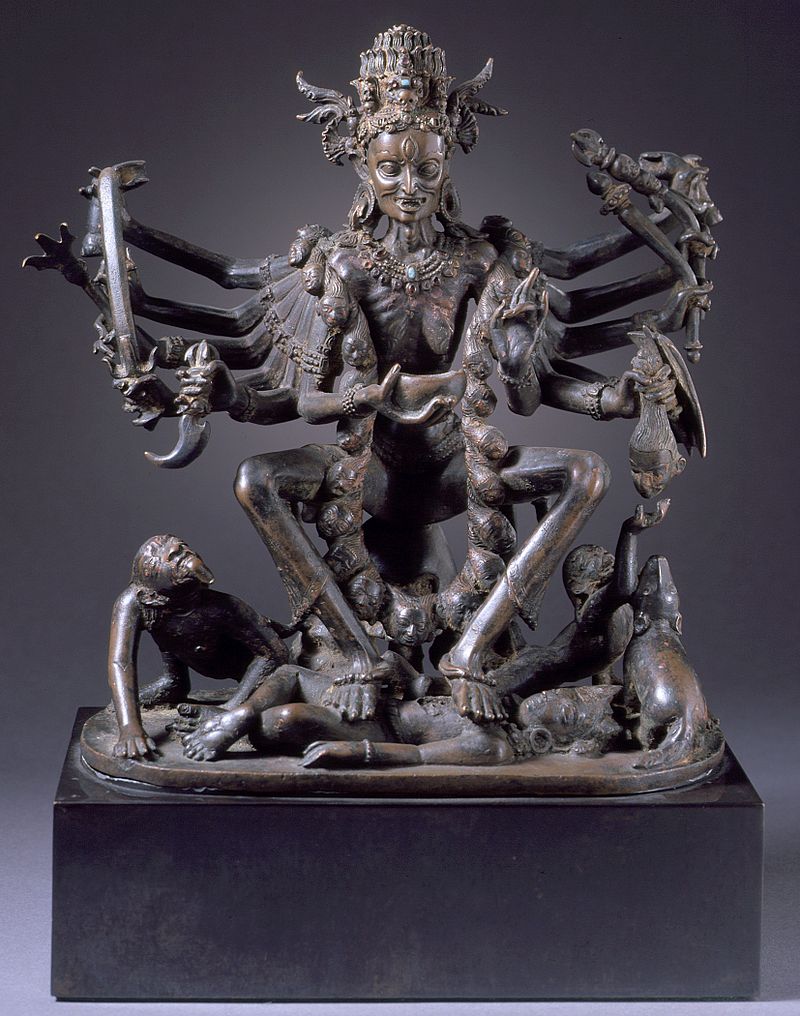
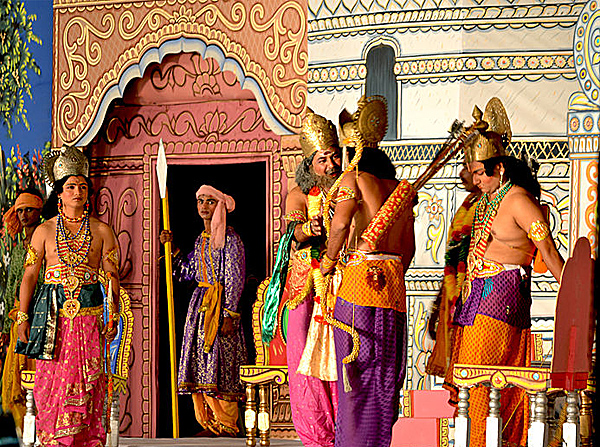

 Is chastity a desirable virtue only for a woman? And is chastity all about sexual fidelity? This story from a Tamil version of the Mahabharata illustrates how true friendship between men can be an equally lofty virtue.
Is chastity a desirable virtue only for a woman? And is chastity all about sexual fidelity? This story from a Tamil version of the Mahabharata illustrates how true friendship between men can be an equally lofty virtue.